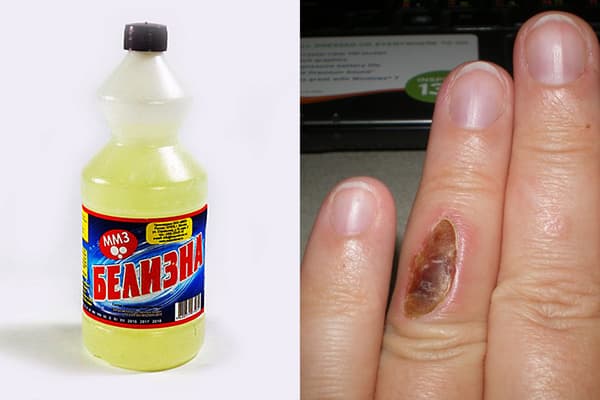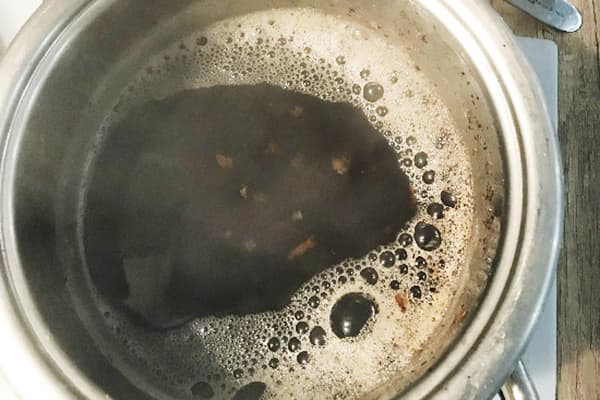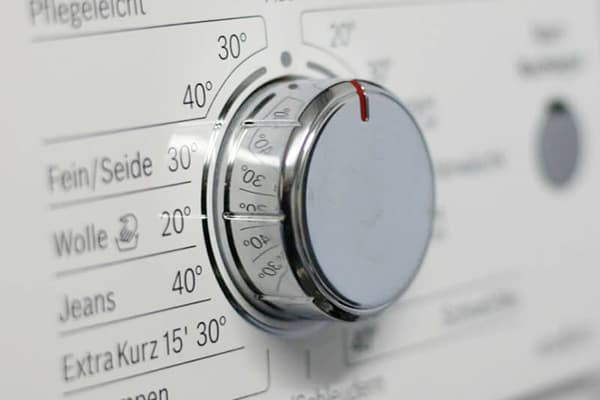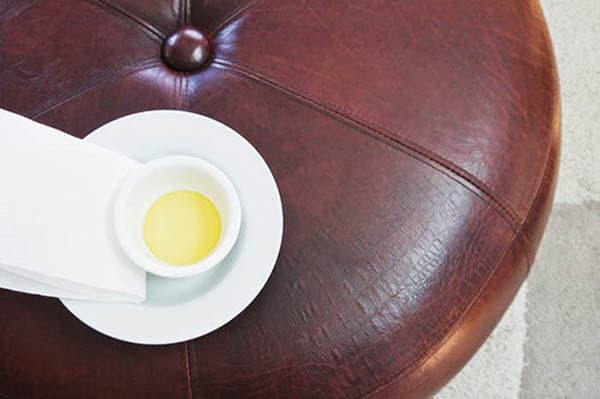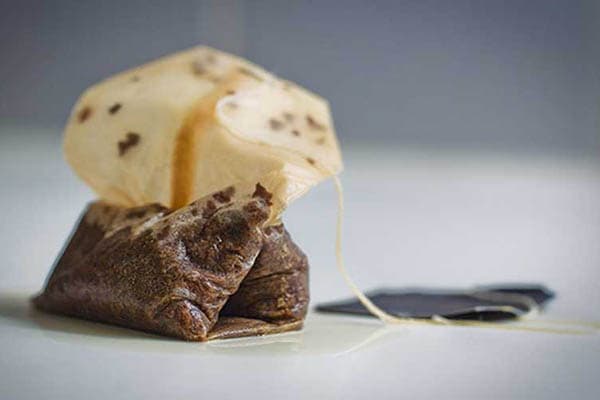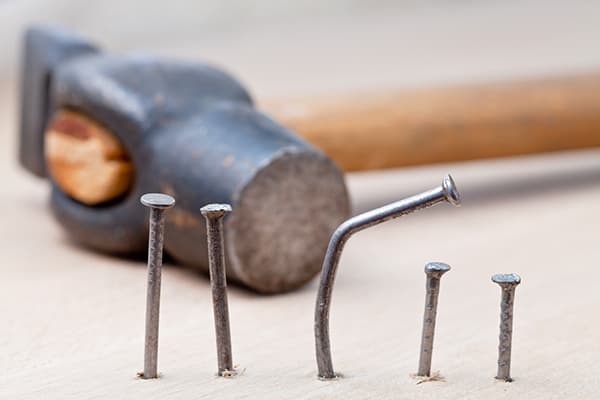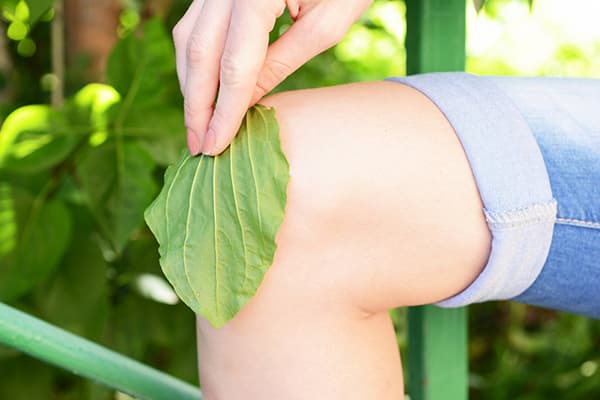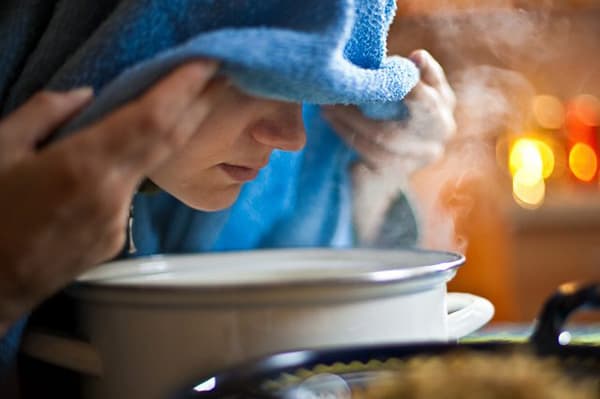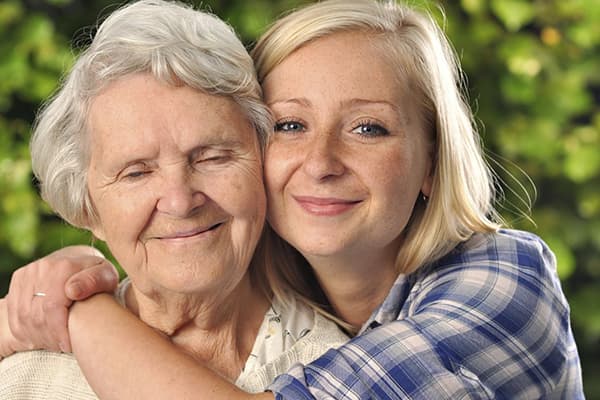Bad advice that our grandmothers gave us. Why is it better not to do this?
Content:
- Bad advice from grandmothers about housework
- Tip 1. Use bleach as an all-purpose cleaner
- Tip 2. Boil a pan in vinegar to get rid of carbon deposits
- Tip 3. Wash all items in cold water
- Tip 4. Use olive oil to care for leather furniture
- Tip 5. Clean wooden furniture with a tea bag
- Tip 6. Lubricate the nail with vegetable oil to make it easier to clog
- Harmful advice from grandmothers on treating diseases
- Conclusion
Even 100 years ago, when information about many things was unavailable, people listened to their elders as the most knowledgeable and experienced. And only in the era of the Internet the truth was revealed about some of the bad advice that grandmothers gave us. Adherents of everything natural choose folk remedies instead of household chemicals and drugs. As a result, they not only waste extra effort, but also risk harming their health. We invite you to find out which grandmother’s tricks it’s time to stop believing in and why.
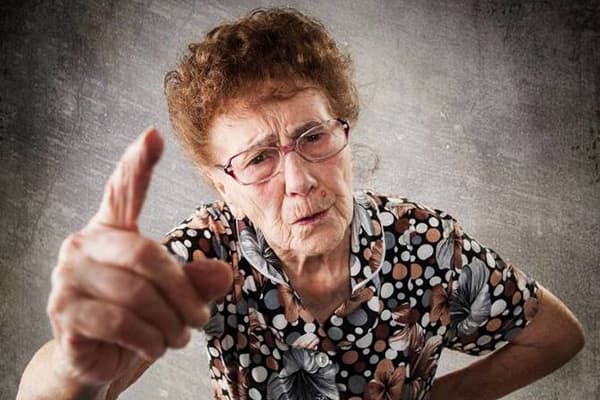
Bad advice from grandmothers about housework
Now in a hardware store you can buy modern, effective cleaning products for cleaning anything: floors and walls, carpets and linoleum, furniture and dishes.But many follow the advice of their grandmothers, choosing what has been “tested by time.”
Tip 1. Use bleach as an all-purpose cleaner
In Soviet times, our grandmothers often washed the floors, bathtubs and sinks with bleach and water. This product disinfects surfaces really well (it deals with bacteria and mold), and also has a whitening effect. However, when evaporated, it harms the human body:
- irritates the mucous membranes of the eyes and respiratory tract;
- dries skin and hair;
- increases the risk of anemia and hypertension.
In addition, chlorine itself does not cope with dust and dirt. To remove stains on the floor or plumbing, it is better to use any product with a surfactant.
Tip 2. Boil a pan in vinegar to get rid of carbon deposits
Vinegar is one of our grandmothers’ favorite remedies. But boiling a burnt pan in it is even more dangerous than using household chemicals with the most aggressive surfactants. During heat treatment, caustic fumes of acetic acid are released into the air. They can cause chemical burns to the mouth, larynx and esophagus and cause severe poisoning.
When inhaling acidic fumes, a person’s blood thickens, affecting the liver and kidneys. It’s better to use store-bought products or at least cold vinegar to remove burnt-on fat.
Tip 3. Wash all items in cold water
The rationale for the advice given by grandmothers is simple: hot water can deform fabrics and change color.
But cold water also has a number of disadvantages:
- does not remove greasy stains well;
- does not remove persistent odors;
- ineffective against bacteria and fungi.
In addition, it is advisable to wash hand-knitted sweaters and jeans at a temperature of 35-40 degrees.Warm water helps restore the fibers of these tissues.
Tip 4. Use olive oil to care for leather furniture
Leather furniture is coated with a protective paint, so olive oil cannot penetrate inside, give elasticity and smooth out uneven surfaces. A thin layer of fat simply remains on the surface. Not only is it unpleasant to the touch, but it also attracts dust.
Tip 5. Clean wooden furniture with a tea bag
This is bad advice, because exposure to water can cause the tree to swell. And cheap tea bags contain dye. If you wipe furniture with bags, it will change color over time.
Grandmothers also advise cleaning wooden surfaces with vinegar. But due to its high acidity, this product can damage the protective polish.
Tip 6. Lubricate the nail with vegetable oil to make it easier to clog
A nail usually fails to hammer in for one of three reasons:
- the wall is too dense;
- you hit the spot of a knot;
- You are not handling the hammer correctly.
Therefore, lubricating the product with vegetable oil will not help solve the problem. And if you end up hammering a nail, it will leave a greasy stain on the wall that will be difficult to remove.
Harmful advice from grandmothers on treating diseases
Traditional medicine really helps prevent certain illnesses, speed up recovery or alleviate the patient's condition. But there is bad advice from grandmothers that cannot be trusted.
Tip 1. Apply plantain to the wound
Plantain contains vitamin K and tannins, which increase blood clotting and speed up healing. And flavonoids disinfect the wound. But if you simply apply a dusty leaf picked near a highway to the damage, you will only bring dirt inside.
The correct procedure is:
- Pick the plant in an ecologically clean area.
- Rinse thoroughly under running water and dry.
- Make cuts so that the leaf lets out the juice.
- Wash the wound and apply plantain.
It is much easier and safer to cover the wound with a bactericidal bandage. It is cheap and sold at any pharmacy.
Tip 2. Lubricate the burn area with vegetable oil
This is a very ancient myth that is still believed today. Some grandmothers believe that vegetable oil softens the skin and speeds up healing. But in fact, it only creates a greasy film on the surface, which impedes the outflow of heat and pus from the burnt tissue. As a result, the burn area increases.
Doctors say: if you are burned, the first thing to do is to place the affected area of skin under ice water for 10–15 minutes. This simple measure will reduce the severity of the burn by a whole degree!
Use special ointments and gels with antibacterial properties for treatment, and only after consulting a doctor. If the burn is small, it will go away on its own.
Tip 3. When you have a cold, breathe in hot steam.
As a child, did your grandmothers and mothers force you to breathe over a pan of hot steam, covering your head with a towel? So, now doctors prohibit such self-medication.
Excessively hot steam irritates the mucous membranes of the upper respiratory tract and only aggravates inflammation. Inhalations with the addition of medicinal herbs and essential oils are especially dangerous. If the patient has a fungal flora, then fine substances can spread it, for example, from the larynx to the bronchi and even the lungs.
Tip 4. Lubricate your body with alcohol to bring down the temperature
There is no point in lowering the temperature if it has not risen above 38–38.5 degrees.Exceptions include newborn babies, people with a weak heart or very poor health. Fever is a normal reaction of the body, essentially a process of fighting infection.
Why shouldn't you listen to the advice of grandmothers and lubricate your body with alcohol? The fact is that alcohol is quickly absorbed into the skin, from there it penetrates into the blood and can even cause alcohol intoxication. This is a “disservice” for an organism weakened by the virus.
Conclusion
With all due respect to grandmothers, we remind you once again: check any information before using it in life. No matter how well you treat your loved one, grandmother’s advice often includes life hacks that don’t work and experiments that are dangerous to your health.
